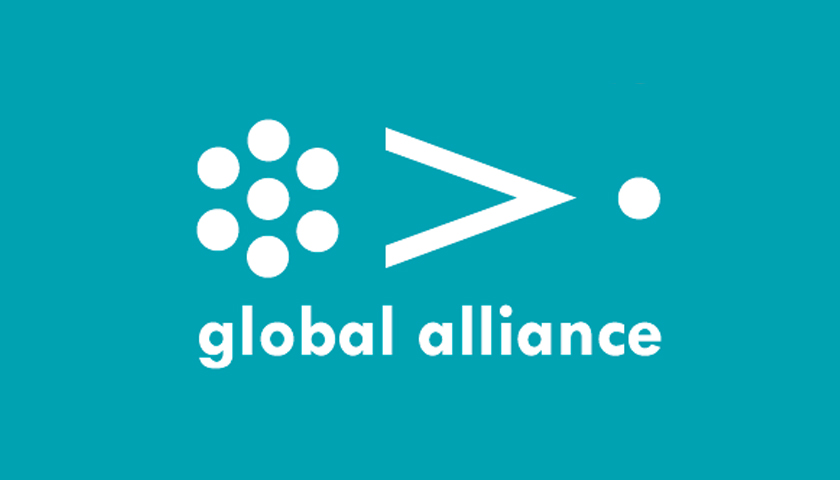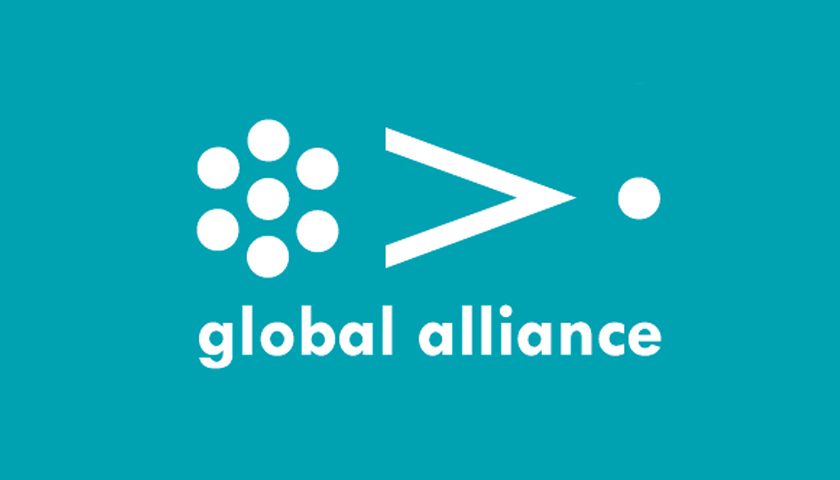Promoting more responsible leadership, adapting to the COVID-19 context, and reputation and reputational risk management are the three main trends of companies globally in intangible management, according to the report ‘Top 15 Trends worldwide : a global perspective’, prepared by Corporate Excellence – Centre for Reputation Leadership in worldwide partnership with Global Alliance for Public Relations and Communications Management, which brings together more than 300,000 communication and PR managers throughout the world.
For Ángel Alloza, CEO of Corporate Excellence – Center for Reputation Leadership, “reputation management and intangibles such as sustainability or the brand have gained notoriety in companies due to the impact that the pandemic has had on the economy, which in many cases, it has accelerated their integration into the business, in addition to promoting a more human leadership on a global level that takes into account the social and environmental impact of companies”, as stated in the report ‘Top 15 Trends worldwide: a global perspective’.
In addition, Justin Green, president of Global Alliance, has explained that “this report is based in global survey with the special participation of the Global Alliance Regional Councils with a special focus on the most relevant trends in reputation, brand, sustainability, transparency and ethics, and is presented as a practical and essential tool for making informed decisions”.
90% of professionals consider it “relevant” or “very relevant” to move towards a more responsible leadership, which remains at the same level of priority and increases by 0.3 points compared to the previous edition. For its part, adaptation to the COVID-19 context (8.44 out of 10) continues to be the second most relevant, followed by key aspects for the management of intangibles: management of reputation and reputational risks (8.32), the new ways of working (8.28), the new communication models (8.18), the corporate purpose (8.05) and the governance of ESG issues in the boards of directors (8.01). This last aspect grows in importance, with a significant increase in the case of Europe where it becomes the second most relevant issue after leadership.
Areas in which organizations are working the most
In relation to the areas in which organizations are working the most, adaptation to the social and economic context (60%) along with digitization (47%) emerges as the main focus. The new communication models are a priority for 41% of the companies and it is worth noting that there is an increase in companies that focus their efforts on managing reputation and reputational risks, going from 33.7% in the previous edition to 40% this year. In fifth place, professionals are focusing on defining and activating the corporate purpose (33%).
It should be noted that some issues marked as priorities by organizations, such as cybersecurity or corporate governance, do not appear, later, among the issues on which most work is being done. Therefore, a gap is identified between the existing concern on the part of professionals to address these aspects that are at a time of profound transformation and development, as is the case in Europe with advances in regulation and new demands on these areas. , and the little attention, at the same time, that is being given to it in the day-to-day activities of companies by prioritizing other issues.
It is also observed how digitization and the development of technological solutions play a key role among the priorities of organizations in the future. Thus, 47% of organizations are working in this field and it is the area to which they plan to allocate more resources in the next three years (79%), along with cybersecurity (78%).
Priorities by regions
In the case of North America, diversity and inclusion stands out as the topic that organizations are working on the most (29%) and cybersecurity as the area to which they expect to dedicate the most resources (80%).
In Europe, responsible leadership is “relevant” or “very relevant” for 82% of companies, and it is the only region in which ESG governance on boards leads the ranking of priorities in second position , being key for 79% of organizations.
In turn, it can be seen how digitization is a priority and 40% are working in this field, to which they plan to allocate more resources in the future. Also noteworthy is the progress made by organizations in activating the corporate purpose (38%).
In the case of Asia, 95% of organizations focus their efforts on adapting to the pandemic context and among the key issues for the future is digitization, an area in which 60% of organizations are working and to which the 95% expect to allocate more resources in the coming years.
In Latin America, it also leads the imposition of responsible leadership as the main priority for 92% of organizations, 72% of organizations are working on adapting to the COVID-19 context and 84% will allocate more resources to digitization.
Methodology
The report has been built on the trends identified in Approaching the Future 2021 and has combined quantitative and qualitative research techniques to identify the most important issues in intangible management in the international arena. The study incorporates a survey of professionals through an online questionnaire in which 510 professionals from 44 countries around the world participated during October and November 2021, and it has been elaborated with the participation of Canvas Estrategias Sostenibles.
Click here to download the report.

